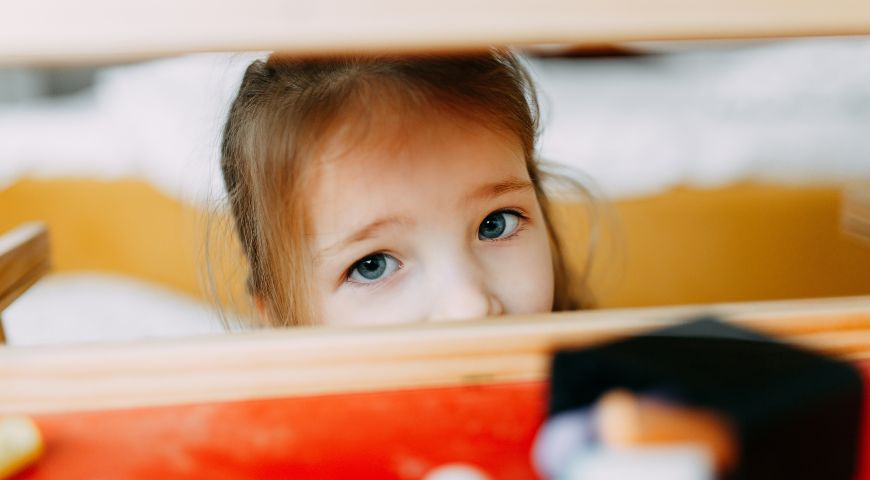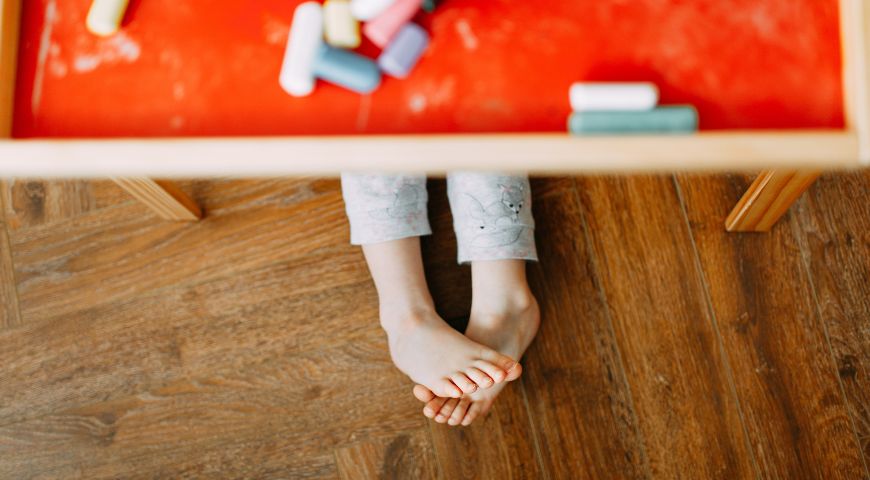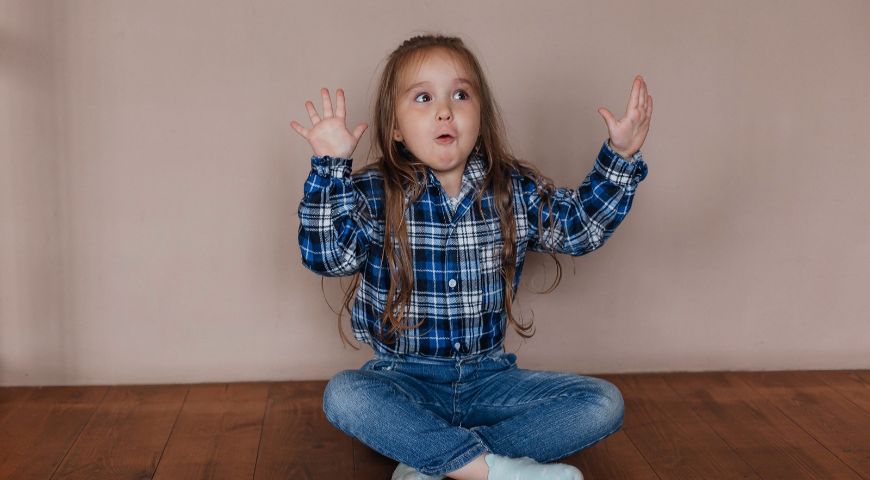As a child counselor and teen therapist in Mumbai, I often work with children and adolescents who struggle with obsessive-compulsive disorder (OCD). While many people think of OCD as an adult condition, it can start in childhood or adolescence, impacting a young person’s daily life and emotional well-being. OCD in children can manifest in ways that are challenging to understand, but with early identification and effective intervention, we can help children manage their symptoms and lead fulfilling lives.
Through my work with families around the world, I’ve seen how powerful early recognition and appropriate therapy can be in helping children with OCD thrive. Whether you’re a parent noticing worrying patterns in your child’s behavior or a teacher observing changes in a student. It’s essential to understand the early signs of OCD and the interventions that can make a difference.
What is OCD?
OCD, or obsessive-compulsive disorder, is characterized by obsessive thoughts and repetitive behaviors or compulsions. In children, these obsessions and compulsions are not just occasional worries or habits—they become overwhelming and disruptive. The child feels compelled to perform certain actions to alleviate the distress caused by obsessive thoughts, and over time, these behaviors can interfere with their daily routine, relationships, and school performance.
Early Signs of OCD in Children

As a psychologist in India, I’ve worked with many families who were initially unsure if their child’s behavior was normal or a sign of OCD. It’s important to understand that OCD can look different in every child, but there are some common early signs to watch for:
- Repetitive Behaviors
One of the most noticeable signs of OCD is the repetition of specific behaviors. This might include washing hands excessively, checking doors or locks multiple times, or repeating certain phrases or actions. These compulsive behaviors are done to reduce anxiety but often become time-consuming and distressing. - Obsessive Thoughts
Children with OCD often have intrusive and unwanted thoughts that cause them significant anxiety. These might revolve around fears of contamination, harm coming to themselves or loved ones, or fears of making mistakes. Because young children may struggle to articulate these thoughts, they might exhibit distress through their behaviors. - Ritualistic Habits
If your child insists on performing certain rituals in a specific order or manner—such as touching objects a certain number of times or organizing toys in a precise way—it may be a sign of OCD. These rituals are driven by the fear that something bad will happen if they aren’t performed correctly. - Avoidance of Certain Situations
Children with OCD may avoid situations that trigger their obsessions or compulsions. For instance, they might avoid touching objects they believe are contaminated, or they may steer clear of social situations for fear of making a mistake or being judged.
The Importance of Early Intervention
Early intervention is crucial when dealing with OCD in children. Without proper treatment, the symptoms of OCD can worsen over time, leading to increased anxiety and more severe compulsions. As a teen therapist in Mumbai, I’ve worked with adolescents who struggled for years before receiving help, making their journey to recovery more challenging.
Recognizing the early signs of OCD can help ensure that your child receives the support they need. If you’re unsure whether your child’s behavior is related to OCD, consulting with a mental health professional like a child therapist or psychologist can provide clarity.
Effective Interventions for OCD in Children
Once OCD is identified, the good news is that effective treatments are available. One of the most widely recommended treatments is Cognitive Behavioural Therapy (CBT). Which helps children understand the connection between their thoughts, feelings, and behaviors.
A specific type of CBT, called Exposure and Response Prevention (ERP), is often used to treat OCD. ERP helps children gradually face their fears and obsessions without engaging in their compulsive behaviors. Over time, this reduces the anxiety that drives the compulsions, allowing the child to regain control over their thoughts and actions.
In addition to therapy, family involvement is essential in the treatment process. Parents can play a critical role in supporting their child by learning how to respond to OCD-related behaviors in a way that promotes healing rather than reinforcing the disorder. As a child counselor, I work closely with parents to help them understand OCD and develop strategies to support their child’s progress at home.
Final Thoughts
OCD in children can be overwhelming, but with the right interventions, it is manageable. Early identification and therapy can help your child build coping skills, reduce anxiety, and regain control of their life. If you’re concerned about your child’s behavior, don’t hesitate to reach out for support. As an OCD therapist in Mumbai providing therapy to families across the globe. I’m here to help your child navigate their challenges and build a path toward healing. With the right approach, children with OCD can live fulfilling lives, free from the constraints of their obsessions and compulsions.




